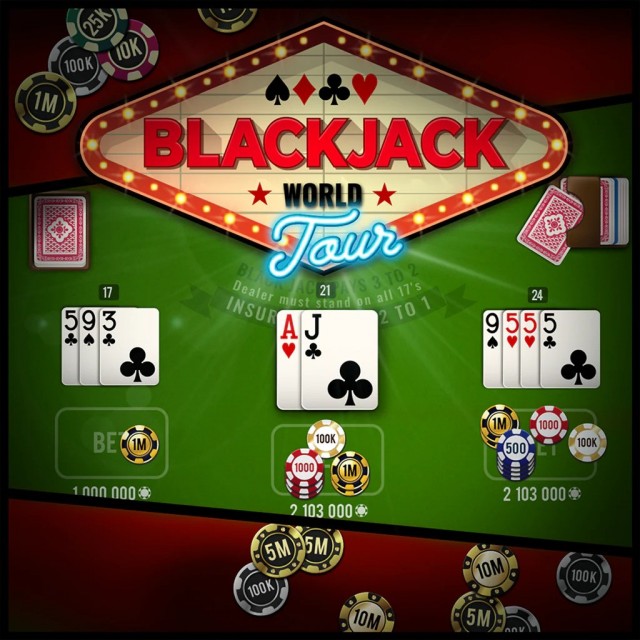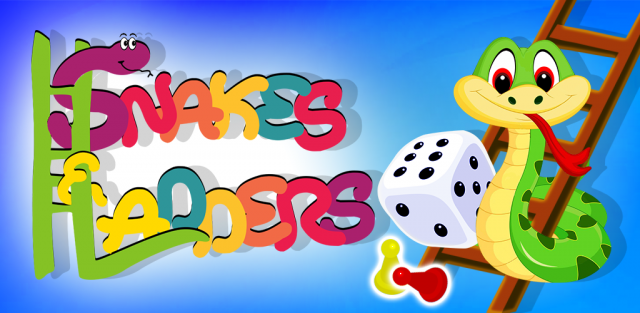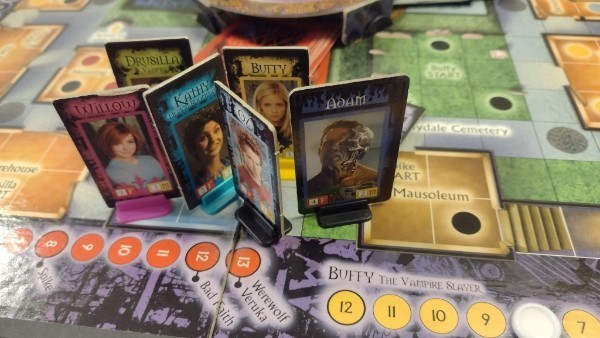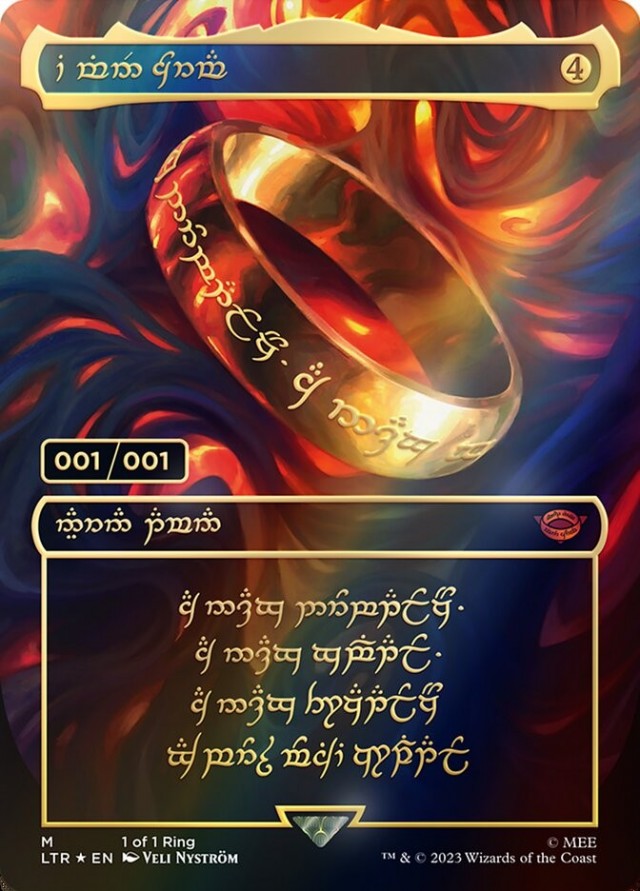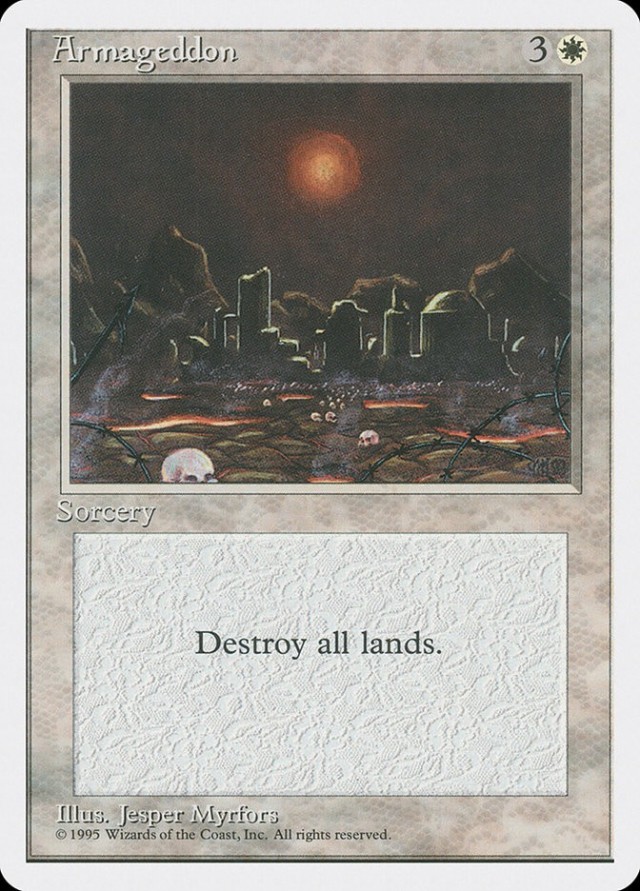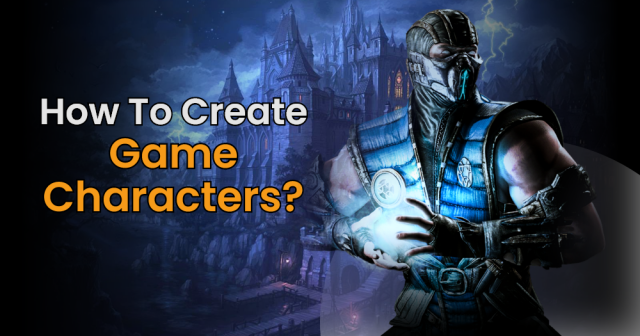Noble House is an OOP game that I picked up off of Ebay on a lark back in 2000. I got the game because I enjoyed Clavell’s book Shogun; but only got through half of Tai-pan before putting it down. Noble House is a continuation of the story from Tai-Pan, nearly a hundred years later.
The setting in both the book and game is 1960’s Hong Kong, and the players are Tai-pans of major corporations that are doing business there. Each player tries to carve out a bigger niche for their company, while forcing the others in the business community to financial ruin. There is money to be made, but one must watch their back at all times during this game; for who knows when someone will lay down a half coin on them and ask for a favor...
Money, get away. Get a good job with good pay and you’re okay.
Object of the game: To have the most net worth at the end of the game (either when the event card deck is exhausted or a player is eliminated). Players attain that by manipulating the stock market, fulfilling contracts, and other chicanery.
Gameplay:
1. Card Phase: Starting with the player whose turn it is, everyone draws three cards. The Event Cards have several functions. They can benefit a player or can be used to damage the position of another. For example, some of the cards allow you to look at the portfolio of another player or to steal his cards. There are also Bank Vote cards, which allow the holder to vote on loans with a particular bank. A last example are cards that increase the revenue received from contracts or double the maintenance costs of assets needed to hold contracts.
2. Stock Phase: At this point, the Order chits are distributed to the players, designating the order of who goes first for the remainder of the round. After the player order is established, each player may play an event card to affect the HKSE or pass.
Once all players pass, there are five stock transaction rounds in which the player may buy or sell a particular stock. There are two restrictions during the transactions. One, you may buy a limited amount of shares unless you have a card that allows you to buy more. Two, you may only act on a single stock once per phase. You cannot buy shares in one round and then turn around and sell them in a later round during the same phase.
This phase allows the players to wheel and deal on the market, allowing them to profit through speculation. It also give them the opportunity to cause runs on an opponent’s stock price, which will affect his ability to keep contracts fulfilled and may result in getting voted out as the head of their company.
Outside of using event cards, the stock market fluctuates naturally when a player buys the maximum amount of stock during a transaction. This causes the price to go up a point. The more catastrophic fluctuation occurs when a player accumulates several million shares of stock over time and then sells them all at once, causing a price drop of up to 8 points. With the non-player stock, it doesn’t mean much. But, when used against a player who was forced to sell Voting Stock, it’s particularly damaging because that forces an automatic Board Meeting, with a percentage of the proxy voters voting against the player. A player without his full complement of Voting Stock is usually shown the door when the Stock Price drops to the lowest level possible. This is also one the quickest ways to eliminate a player.
3. Contracts Phase: This phase is where the real money is earned. In turn order, each player announces new contracts and allots required Assets to fulfill the contract. After all contracts are announced, the players may play Event Cards that affect contracts. After the cards are played, any broken contracts still available are auctioned off. Once the auction is over, the player then generates income from the contract and then pays the maintenance for all of his Assets.
Having an active contract generates several benefits: money, for starters, and with larger revenue/Asset heavy contracts, a bump in stock price. The downside to having an active contract is that the player must keep his stock price at a certain level and maintain the Assets required by the contract. A failure in either one of these areas and the contract is broken. Any broken contracts are then available to be bid on by anyone at the end of the phase.
4. Bank Phase: The players apply for loans with one of the three Banks in the game during this phase. It is also during this step that players pay interest on outstanding loans, pay loans off, and call a Bank meeting to force players to pay in full any outstanding loans they may have with that particular Bank.
First, players pay interest on all outstanding loans they have. After that, players may go to a Bank to establish a new loan. Players must offer collateral to secure the loans and the only items that can be used for collateral are House Voting Stock and Assets. Furthermore, the collateral must equal or exceed the loan value.
Once the amount of the loan and the amount of collateral is finalized, a Bank vote is called. If there is no vote or a vote is tied, then the loan is approved. If a Bank vote fails, then the player may try their luck with one of the other two Banks.
Players holding Bank Vote/Proxy cards may vote for or against the loan, or even stay out of the process entirely. Players with votes may also call Board Meetings to try and force a financially strapped corporation to pay its loan it owes to that particular Bank in full.
5. Asset Purchase Phase: At the very end of the round are the players allowed to buy and sell Assets from the Bank (Airlines, Shipping, Industry, Railroad, Land, and Services). Assets are extremely important because they are needed to fulfill Contracts. Assets that are too costly for a player to maintain can only be sold back to the Bank for half price, but a player can agree to sell Assets to another at any time for an agreed price.
Money, it’s a hit. Don’t give me that do goody good bullshit.
Things I liked:
Backstabby goodness. Let’s face it, the only reason why to play a game like Noble House or its compatriots is for the shenanigans and backstabbing goodness of financial deal making. Sure, it will smart the ego for a short time when you get jacked in a deal, but therein lies the fun of the game.
1 coin = 1 favor. The obligation given by Jin-Qua to Dirk Straun in Tai Pan is carried over to Noble House and ends up as an actual mechanic in the game. It gives the player using the coin half in asking for a favor (sky’s the limit here) of the Corporation holding the other half; to which the player owing the favor must comply, or at the very least give $50 million.
In one review I read, the reviewer said that this mechanic was not any good. He explained that people immediately tried to cash them, which led to round robin calling in favors. I heartily disagree with that assessment. The way I look at it, the coin is both a sword and a shield. You use it offensively when the obliging player is on the ropes financially. That way, you can either force them into an inequitable agreement: like cleaning out his prized Assets, make him to sell Voting Shares to come up with the $50 million, or force him into using his own coin to get the money to pay for the favor. It also acts like a shield, keeping the Corporation whose coin half you possess from going after to you and acts as a quick slush fund when hit with financial penalties.
Money, so they say, is the root of all evil today.
Things I didn’t like:
Needs a minimum of three players to actually be good. You need a third player in order to appreciate the game. Otherwise, it just becomes a game of “Be the First to Draw Really Bad Cards and Play Them on Your Opponent”. It’s especially damaging when your opponent gets bad cards at the beginning of the game and plays them in an opening salvo. That naturally forces you to sell your voting stock, which then leads you to be vulnerable at board meetings. At least with multiple players, this is mitigated somewhat. Another problem with the two player aspect is that you really can’t wheel and deal with your only opponent. There’s absolutely no incentive to form partnerships with them or to trade with them.
Game is too long with less than three players. The last problem is that a two player game lasts way too long. The game compensates for having less than five players by reducing a set amount of Event Cards, thereby reducing some of the time needed to play, but that doesn’t help. Winnowing 24 cards from a 144 card deck is not much of a reduction. With only three cards being drawn every turn by each player, the total number of turns in a two player game is approximately eighteen. With the amount of buying and selling, writing up loans, and other little quibbles, you’re looking at a good two-plus hour game ahead of you.
But if you ask for a rise, it’s no surprise that they’re giving none away.
Final Result:
Noble House is one of the few financial games in my collection. I don’t usually care for such games, but if the theme is right and the mechanics are interesting, I am more than willing to make it a keeper. This one falls into that category.
Rating: 7/10
 Games
Games How to resolve AdBlock issue?
How to resolve AdBlock issue? 
